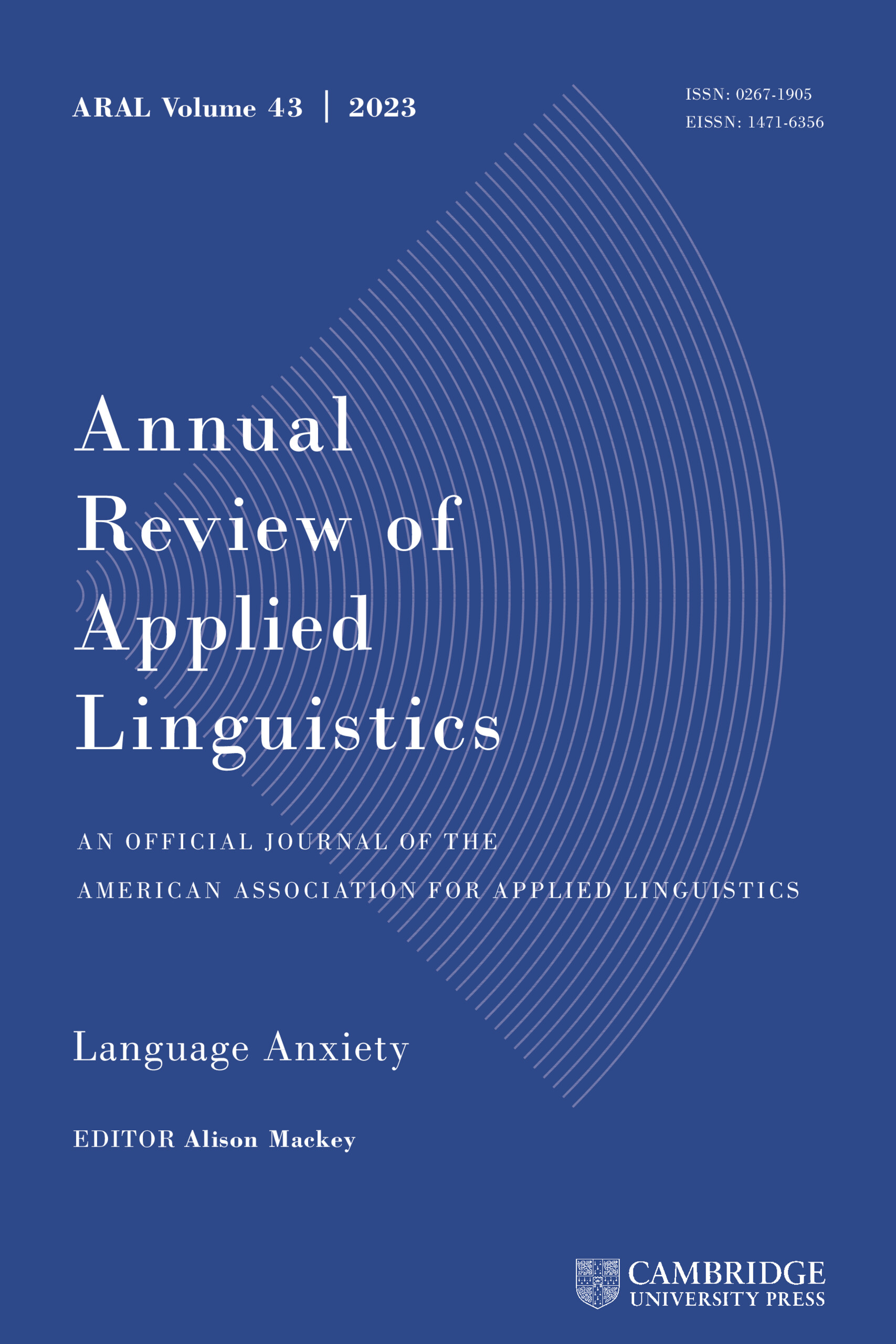Article contents
Multilingual Education Policy in South Africa Constrained by Theoretical and Historical Disconnections
Published online by Cambridge University Press: 29 November 2013
Abstract
Multilingual education policy has been a controversial affair in South Africa, especially over the last 60 years. Recent research conducted by government-led and independent agencies shows declining student achievement within an education system that employs 11 home languages for education in the first three grades of primary school, followed by a transition to English medium for the majority (approximately 80%) of speakers of African languages. Research that focuses on the linguistic practices of students in urban settings suggests that there is a disjuncture between the construction of multilingualism within contemporary education policy and the multilingual reality of students (e.g., Heugh, 2003; Makoni, 2003; Makoni & Pennycook, 2012; Plüddemann, 2013; Probyn, 2009; Stroud & Heugh, 2011). There is also a disjunction between constitutional and other government policies that advance, on paper, a multilingual policy, yet are implemented through an assimilatory drive towards English (Alexander & Heugh, 1999). As predicted nearly two decades ago, the ideological framing of multilingualism during the negotiations in the early 1990s was to have consequences for the way in which language policy would unfold in the education sector over the next 20 to 30 years (Heugh, 1995, 1999). While poor student achievement in school may be ascribed to a range of socioeconomic indicators, this article draws attention to contributory factors that relate to language(s) in education. These include different constructions of multilingualism in education in relation to sociolinguistic and educational linguistic considerations, contradictory interpretations of multilingual education in a series of education policy documents, pedagogical weaknesses, and recent attempts to strengthen the provision of African languages education alongside English in the first 10 years of school (Grades R and 0–9; e.g., Department of Basic Education (DBE), 2013a, 2013b).
- Type
- SECTION C: LANGUAGE POLICY AND EDUCATION IN MULTILINGUAL REGIONS
- Information
- Copyright
- Copyright © Cambridge University Press 2013
References
ANNOTATED BIBLIOGRAPHY
Makoe, P., & McKinney, C. (2009). Hybrid discursive practices in a South African multilingual primary classroom: A case study. English Teaching Practice and Critique, 8, 80–95.
This finely grained ethnographic study of a multilingual urban classroom offers an encouraging perspective of the agency and voice of students who are able to tap into their multilingual repertoires and thereby contribute to establishing negotiated spaces of meaning between students and teacher. It also offers insights into the productive management of heterogeneity in classrooms.
Ouane, A., & Glanz, C. (Eds.). (2011). Optimising learning, education, and publishing in Africa: The language factor. A review and analysis of theory and practice in mother-tongue and bilingual education in sub-Saharan Africa. Hamburg, Germany: UNESCO Institute for Lifelong Learning (UIL) and the Association for the Development of Education in Africa (ADEA)/African Development Bank. Retrieved from http://unesdoc.unesco.org/images/0021/002126/212602e.pdf
This volume comprises a comparative evaluation of mother tongue and bilingual programs across 25 African countries. Most African countries are characterized by a high incidence of linguistic diversity, and various kinds of monolingual (in the former colonial language), bilingual, and multilingual education have been established across Africa for more than a century. Thus the comparative data may be of use to those who are concerned about mainstreaming bilingual and multilingual education, and also to those who are interested in language education policy within studies of development.
Plüddemann, P. (2013). Language policy from below: Bilingual education and heterogeneity in post-apartheid South Africa (Unpublished doctoral thesis). Centre for Research on Bilingualism, Stockholm University, Stockholm, Sweden.
This PhD dissertation covers the period of educational transformation in South Africa, focusing on attempts to contribute to the implementation of multilingual education through a range of initiatives explored through NGOs and other structures from below, mostly without government support. This study provides valuable insights into the obstacles to, as well as the opportunities for, change.
REFERENCES
- 32
- Cited by




